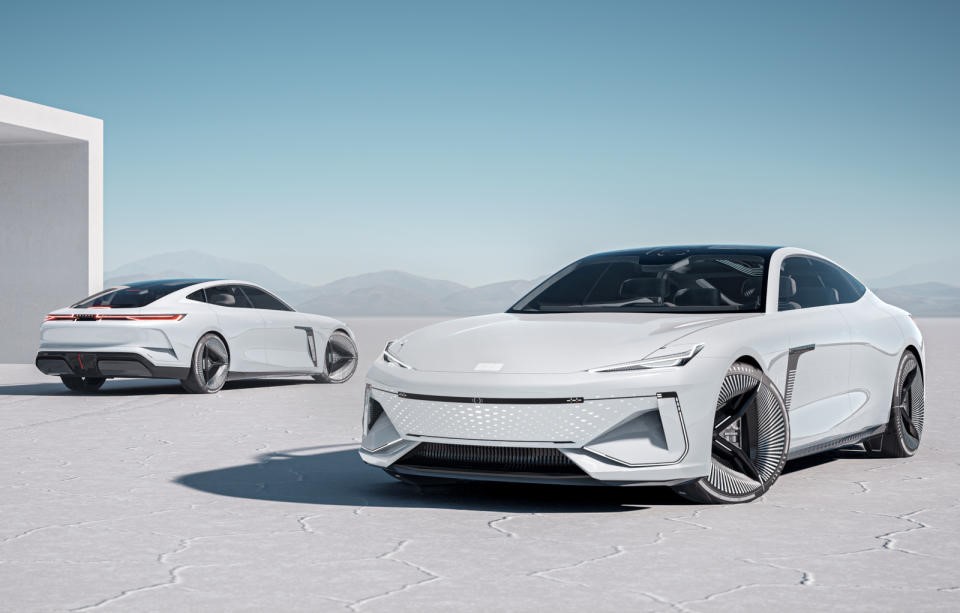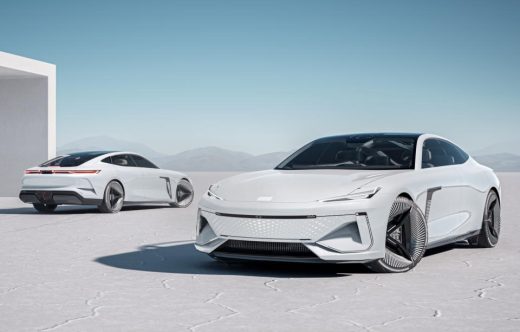Chinese EV makers face additional tariffs of up to 38 percent in the EU
Chinese EV makers face additional tariffs of up to 38 percent in the EU
The new duties will be enforced starting on July 4.

The European Union is going impose additional tariffs of up to 38 percent on Chinese-made electric vehicles in an effort to protect the region’s manufacturers from unfair competition, according to The New York Times and the Financial Times. The European Commission has already warned Chinese carmakers about the additional taxes, which will go on top of the existing 10 percent tariff on their EVs and will be different for each manufacturer. BYD’s and Geely’s vehicles will be hit by tariffs between 17.4 and 20 percent, while SAIC will face an additional 38 percent in taxes.
Rates for other carmakers vary, depending on whether they’ve cooperated with an ongoing EU investigation into the Chinese government’s subsidies for its EV manufacturers. Because of those subsidies, China-made EVs can be sold at much lower prices than their European competitors’. The Chinese carmakers that have cooperated with the probe will be subjected to an additional tariff of 21 percent, while those who didn’t will get an extra 38 percent. The Financial Times says European Commission’s Margaritis Schinas has reached out to Chinese authorities to “explore possible ways to resolve” the issue. The new tariffs will be enforced on July 4 if they fail to reach an agreement.
While the EU said that it’s introducing additional taxes on Chinese EVs to protect the bloc’s manufacturers, some authorities and European automakers oppose the move out of concern that it could lead to retaliation from China. They’re specifically worried that China’s response would make EVs more expensive in general, which in turn could drive away customers, especially those who are still not wholly convinced that they should switch to electric.
The EU’s announcement comes a month after the US quadrupled the import tariff for Chinese EVs. It was part of a bigger move by the US government to quash China’s influence on its economy, along with imposing additional taxes on Chinese-made semiconductors, solar cells, batteries and medical products.
(9)


